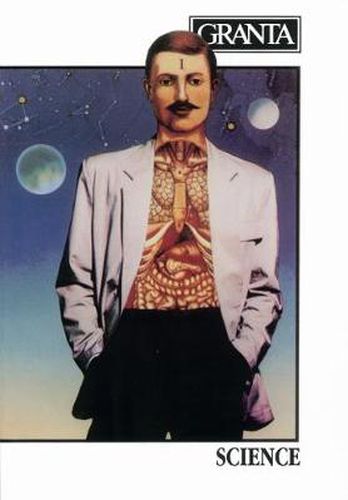Readings Newsletter
Become a Readings Member to make your shopping experience even easier.
Sign in or sign up for free!
You’re not far away from qualifying for FREE standard shipping within Australia
You’ve qualified for FREE standard shipping within Australia
The cart is loading…






For the last thirty or forty years, it has been a commonplace that science and literature don’t mix. But recently science writing has undergone a revival and has come to constitute a literature in itself. What accounts for its sudden appeal? The attraction of facts? Or the possibility that ‘facts’ are themselves inventions of the most spectacular kind?
This issue is devoted to representing part of this revival. In ‘Excesses’, Oliver Sacks describes individuals suffering from not only too much personality but too many. In ‘Amazon’, Eugene Richards and Dorothea Lynch document the terrible mystery of illness and the body. The sexuality of tortoises, the lunacy of invention, the bizarre mating habits of a tropical rodent, the zoo-like existence of the young scientists of Reagan’s Star Wars - all invite us to understand ‘science’ not simply as the study of fact but also as another way, not unlike the novel, of describing the mystery of the world.
$9.00 standard shipping within Australia
FREE standard shipping within Australia for orders over $100.00
Express & International shipping calculated at checkout
For the last thirty or forty years, it has been a commonplace that science and literature don’t mix. But recently science writing has undergone a revival and has come to constitute a literature in itself. What accounts for its sudden appeal? The attraction of facts? Or the possibility that ‘facts’ are themselves inventions of the most spectacular kind?
This issue is devoted to representing part of this revival. In ‘Excesses’, Oliver Sacks describes individuals suffering from not only too much personality but too many. In ‘Amazon’, Eugene Richards and Dorothea Lynch document the terrible mystery of illness and the body. The sexuality of tortoises, the lunacy of invention, the bizarre mating habits of a tropical rodent, the zoo-like existence of the young scientists of Reagan’s Star Wars - all invite us to understand ‘science’ not simply as the study of fact but also as another way, not unlike the novel, of describing the mystery of the world.